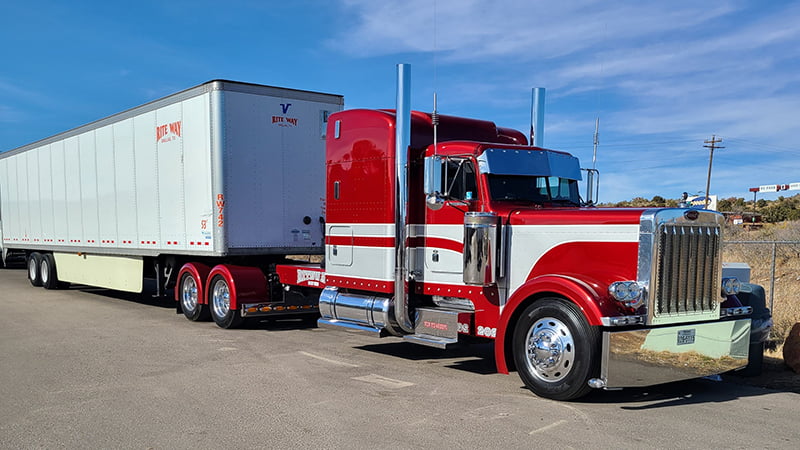
Dry Van Freight Service
With over 50 years of experience in hauling, Riteway has a lot of experience with dry van freight services, our most commonly used type of truckload shipping. It requires moving freight in sealed, fully enclosed trailers. These trailers are adjusted to moving large volumes of goods, freight, and equipment that do not require temperature control. Dry van trucks are protected from the external influence of weather and other conditions, and that’s why these trailers are called ‘dry.’ Most of the dry van trailers can haul up to 43,000 – 45,000 lbs.
Frequently Asked Question
Below you will find some of the most frequently asked questions about freight shipping andhow it all works. Here at Riteway Trucking we pride ourselves in supplying our customers with outstanding customer support, as well as the most reliable freight service available.
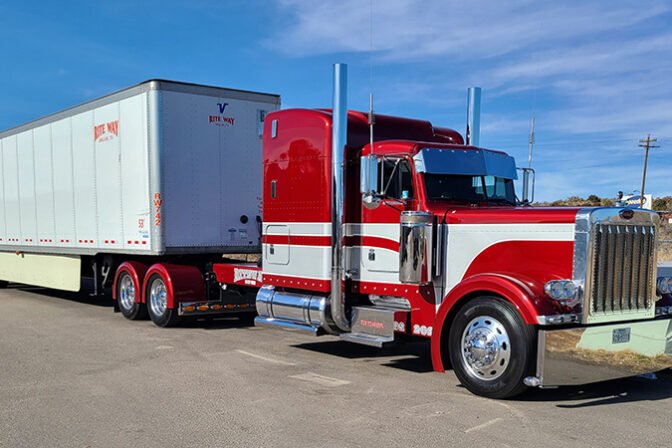
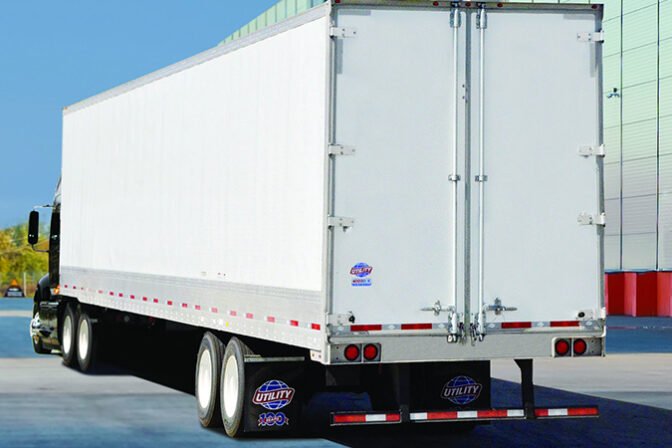
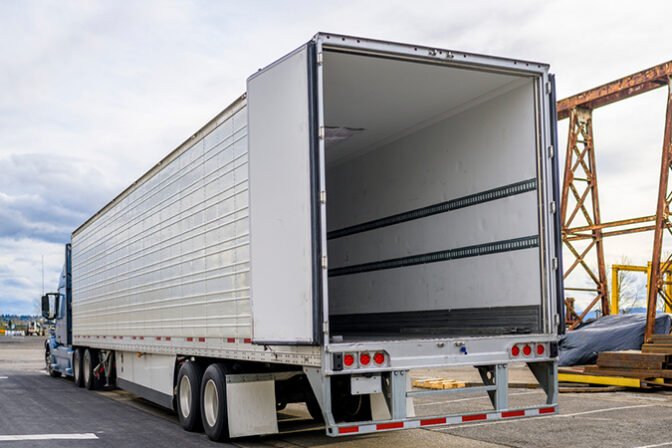
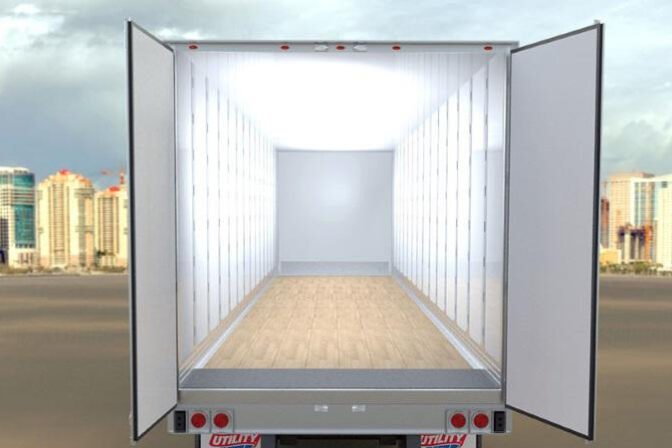
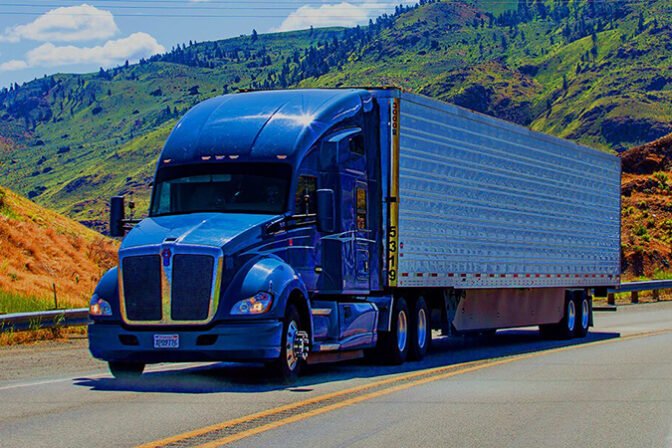
What is a Dry Van?
A dry van is a type of semi-trailer that’s fully enclosed to protect shipments from outside elements. Designed to carry palletized, boxed or loose freight, dry vans aren’t temperature-controlled (unlike refrigerated “reefer” units) and can’t carry oversized shipments (unlike flatbed trailers).
Also called a “dry van trailer” or “box trailer,” dry vans can be used for a variety of less-than-truckload (LTL) or truckload shipment types. If you’ve ever shipped or received freight, it’s likely your goods traveled on a dry van.
Who uses dry van carriers?
Nearly all industries that produce or ship non-perishable goods use dry van carriers. Even companies who ship some perishable cargo like produce or frozen foods use dry vans for specific products. They can often be combined with other products in a single shipment or LTL shipments making this method exceptionally efficient.
Here are some common examples of dry van freight:
- Construction materials
- Retail products and dry goods
- Agriculture equipment and materials
- Automotive parts and service products
- Beer, wine, and spirits
- Publishing and printing, including paper, finished books, and equipment
- Oil and gas equipment and materials
- Healthcare equipment, personal protective equipment (PPE), and non-perishable goods and medicine
Benefits of dry van shipping.
Versatility
Because they work well for transporting consumer packaged goods, dry vans are the most frequently used equipment type. Products such as clothing, furniture and electronics are commonly shipped via dry van trailers, though they also can be used to move machinery and parts, nonperishable foods and even household goods.
Protection
One of the biggest advantages of using a dry van truck to move your freight is the protection it provides — because the equipment is enclosed on all sides, shipments are shielded from weather hazards like high winds, rain or direct heat. The enclosure and ability of the trailers to be locked also provides a layer of protection against cargo theft.
Affordability
Dry vans are readily available from a variety of carriers and don’t require service extras or special operation, making them one of the most affordable shipping options.
Services List
Request a quote
Error: Contact form not found.


